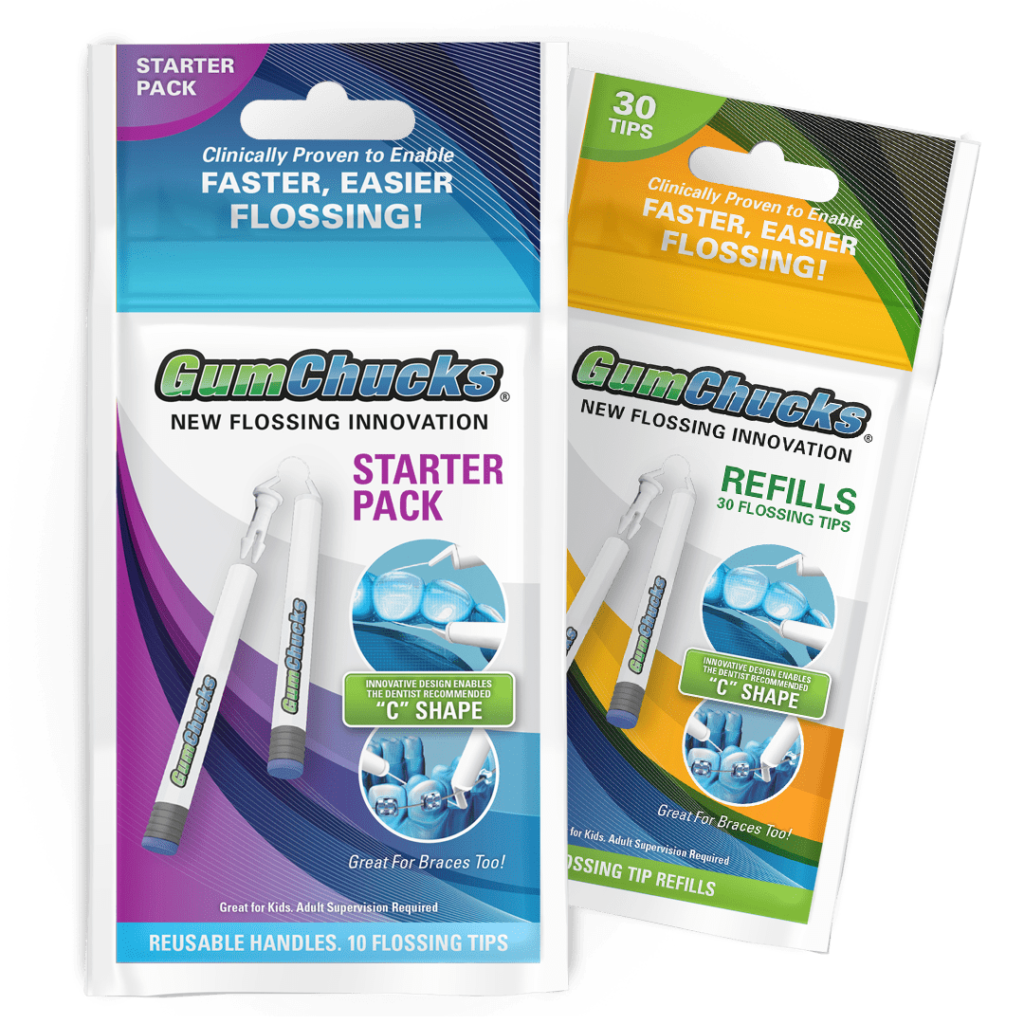Dry mouth, or medically called Xerostomia, is an uncomfortable condition where the mouth doesn’t produce enough saliva. Effecting 10% of the general population and up to 25% of older adults, xerostomia is typically an indicator of a more serious underlying health problem. Since everyone experiences dry mouth due to being nervous or dehydrated, differentiating occasional dry mouth from chronic xerostomia can help prevent future health risks. While it’s more common for individuals to develop dry mouth as they get older, it’s important to note that this is not a normal part of aging. Let’s break down xerostomia and describe the symptoms, causes, and treatments of dry mouth.
The Importance of Saliva
It’s vital to know what health benefits saliva brings to both general and oral health, all of which health benefits you miss out on when suffering from xerostomia. Saliva is a necessary part of the digestion process as it helps moisten and break down food. Saliva also provides a significant defense mechanism that protects your mouth from tooth decay and gum disease. It does this by neutralizing acids produced by bacteria, limiting bacterial growth, and washing away remaining food particles in your mouth. In addition to making it easier for you to chew and swallow, saliva even enhances your ability to taste food. The presence of decreased saliva ranges from merely being a nuisance to indicating major issues, which is why it’s so important to visit your doctor if you’re experiencing chronic dry mouth.
Symptoms of Dry Mouth
Signs and symptoms associated with xerostomia may include:
- Splitting and cracking of your lips, tongue, or the inner lining of your cheeks.
- Bad breath due to the presence of less saliva.
- Tooth decay, plaque, gum disease, or other fungal infections of the mouth.
- Glossodynia, or tongue pain.
- Oral inflammation.
- Issues swallowing, chewing, or speaking.
- Stringy or sticky saliva.
Causes of Dry Mouth
Dry mouth happens when something causes the salivary glands to produce less saliva. As previously established, there’s several factors that can cause dry mouth which range from minor to severe health issues. It’s important to speak with your doctor about which specific underlying health issue could be resulting in your xerostomia. Dry mouth causes include:
- Numerous medications can cause a dry mouth reaction. Medications for treating depression, anxiety, high blood pressure, diarrhea, asthma, and many more commonly list dry mouth as a medication side effect. Additionally, diuretics, antihistamines, and chemotherapy medication can all result in the decreased production of saliva.
- Diseases such as diabetes, oral thrush, nerve damage, HIV/AIDS, cystic fibrosis, autoimmune disorders, and Alzheimer’s disease all can lead to xerostomia.
- Dehydration results in the body not producing as much saliva as it should, causing your mouth to feel dry.
- Stress and anxiety lead to the body to produce more cortisol, which typically results in a chronically dry mouth.
- Mouth breathing and snoring can lead to the saliva in your mouth to evaporate, resulting in xerostomia.
- Smoking cigarettes reduces the production of saliva in the mouth.
- Many recreational drugs, such as methamphetamines, can also result in a chronically dry mouth.
Treatments for Dry Mouth
Treatment for xerostomia depends on numerous factors, discovering what underlying condition is causing your dry mouth will help with resolving this issue. Such as, if medication is causing your dry mouth, discussing medication alternatives with your doctor can resolve this issue quickly. Additionally, oral hygiene is essential to treating xerostomia. Brushing and flossing your teeth twice a day, with mouth wash, will help promote saliva production to protect your teeth from decay and disease. Additional treatments for dry mouth include:
- Saliva substitutes and dry mouth products prescribed by your doctor or dentist.
- Antibiotics and anti-fungal drugs to treat infections.
- Salivary gland blockages can be treated with minor surgeries.
- Eliminating cigarettes, alcohol, recreational drugs, caffeinated drinks, and spicy food from your diet.
- Avoid sugary food and make sure to chew your food completely before swallowing.
- Drink plenty of water and stay hydrated.
- An air humidifier in your bedroom while you sleep may help individuals who snore.
- Treating dry lips with moisturizing lip balm.
- Visit your dentist and doctor for check-ups regularly.
Maintaining Proper Oral Hygiene
As previously stated, regularly flossing and brushing is a crucial factor in treating dry mouth. Flossing is the only way to remove plaque from between your teeth, flossing regularly also helps keep tartar out of hard-to-reach places. GumChucks’ design ensures a flossing experience that’s faster, easier, and more effective than competing flossers or traditional floss. Our two handles with disposable floss allow you to comfortably reach all your teeth, even those in the back while wrapping the floss around each tooth. This creates the vital “C-Shape” necessary to get below the gum line and effectively clean each tooth.

GUMCHUCKS MAKES FLOSSING FUN, FAST, AND EASY!
Click here to get started with GumChucks today!

0 Comments